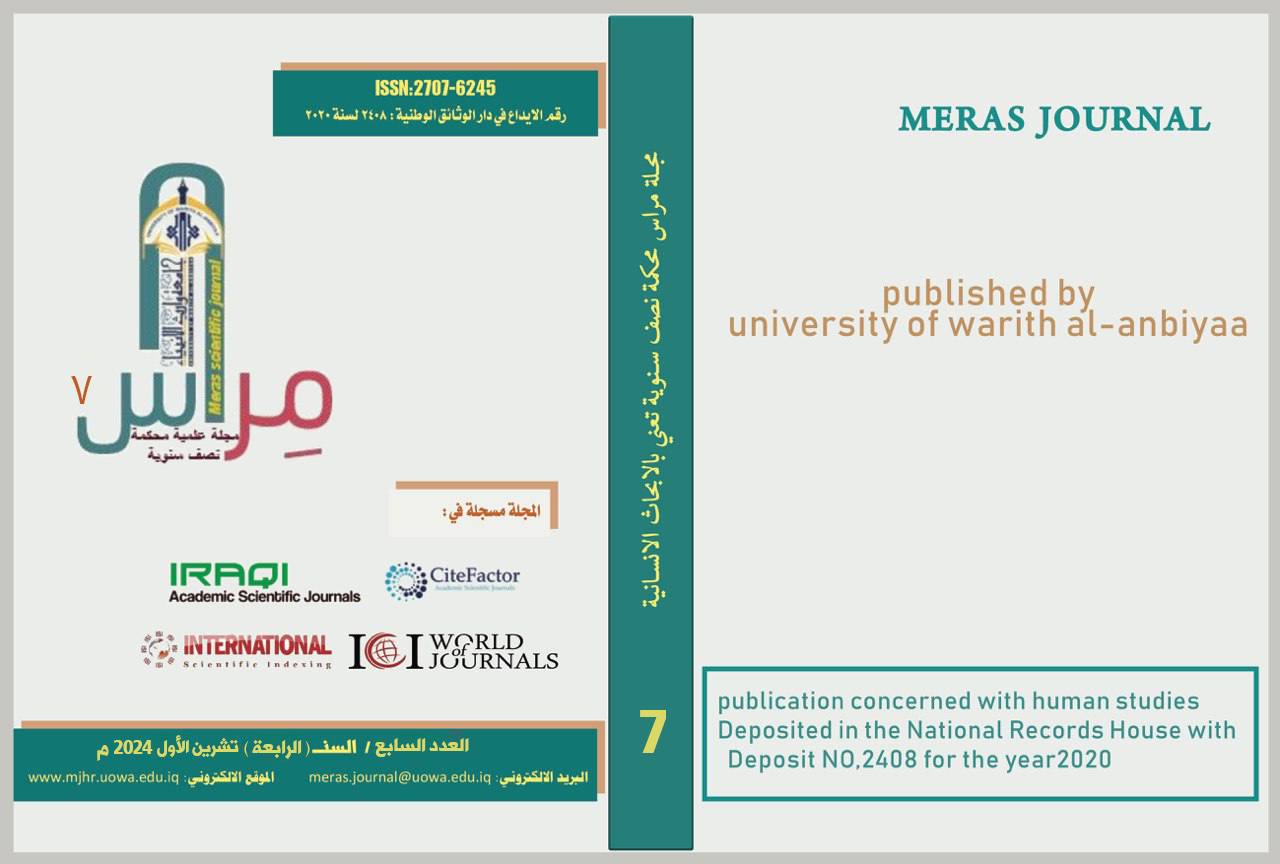Human Rights and Constitutions: Between the Inevitability of the Relationship and the Problem of Standards
DOI:
https://doi.org/10.57026/mjhr.v4i2.88Keywords:
Rights, Constitutions, Relations, Inevitability, ProblematicAbstract
The relationship between human rights and constitutions has always raised a deep and ancient jurisprudential controversy that grew up in the thoughts of the early philosophers who developed the theory of natural law or the constitution in its ancient concept at that time, such as Plato, Cicero, and Grotius, before the debate flared up later between the relationship between rights and constitutions in the Renaissance and Enlightenment eras that accompanied the emergence of the philosophers of the social contract: Thomas Hobbes, John Locke, and Jean-Jacques Rousseau, who researched the legitimacy of the state’s authority over the rights of individuals, and discussed the essence of the mutual agreement between the parties to the social contract enshrined in the constitutional document and the extent of the legitimacy of the idea of sovereignty advocated by the jurist John Bodin.





